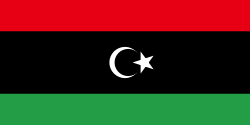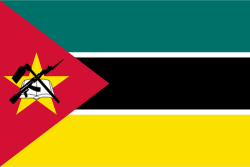Back
The AI Attaché: A Strategic Communications Role For A Systemic Age
Jun 3, 2025
Majeed Javdani is a Board Member of Mercator Group and an internationally recognized practitioner in law and business.
Diplomacy has always been an extension of communication. It is the institutionalized practice of representing intent, signaling commitment and interpreting behavior in environments of uncertainty. Historically, diplomats served as messengers between sovereigns. Later, they became architects of treaties, brokers of trade and stewards of peace. Today, as artificial intelligence alters the very infrastructure of decision-making, diplomacy faces a new challenge—one that requires a new kind of representative. That role is the AI Attaché.
What is often framed as a technical or regulatory matter—the governance of artificial intelligence—is in fact a transformation in how authority and influence are exercised. AI is no longer a domain of innovation. It is a terrain of power. And as that terrain becomes more central to global interaction, nations must build the capacity to represent themselves not only through language but through systems. This is not a future concern. It is a present demand.
From a communications standpoint, the AI Attaché is not a luxury. It is a structural necessity. In an environment where perception is shaped by algorithms and decision-making is diffused through opaque architectures, the traditional tools of strategic communication—briefing documents, media statements, embassy receptions—are no longer sufficient. Influence now emerges from presence inside the system: who helps define it, who explains it and who can be trusted to speak when others fail to make it legible.
10Shares
0Comments
7Favorites
11Likes


































































































No content at this moment.